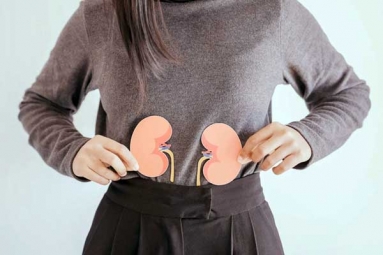
(Image source from: Canva.com)
When time is tight, the temptation to eat rapidly may be strong; however, such a choice could lead to unforeseen health issues. Many individuals consume their meals in under ten minutes, often unaware of the potential repercussions this habit can have on their metabolism, digestion, and overall wellness. While a quick meal might seem efficient, it's important to acknowledge the possible long-term health effects that come along with it. Medical professionals caution that finishing a meal in a mere ten minutes can disrupt the digestive system significantly, hindering nutrient absorption. Digestion begins in the mouth, where chewing breaks food into smaller pieces and mixes it with saliva, which contains enzymes such as amylase that help digest carbohydrates. Rapid eating often results in inadequate chewing, causing larger chunks of food to enter the stomach. This can lead to issues like indigestion and bloating, as well as inefficient nutrient extraction due to the added strain on the stomach and intestines.
Moreover, hastily consuming food may prompt the stomach to produce excess acid to compensate for insufficient chewing, potentially causing discomfort and heartburn. Eating too quickly disrupts the gut-brain connection; hormones responsible for signaling fullness, such as leptin, require 20 to 30 minutes to activate, which can ultimately result in overeating and inefficient nutrient absorption. This pattern may contribute to long-term health issues, including obesity and metabolic syndrome.
Eating Quickly: What Health Risks Are Associated?
- Poor digestion
- Indigestion and heartburn
- Ineffective nutrient absorption
- Elevated risk of metabolic syndrome
- Unwanted weight gain
How Can You Avoid Eating Too Fast?
Consider these strategies for cultivating mindful eating practices that include various approaches:
Minimize distractions: Turn off all electronic devices and focus solely on your meal.
Chew thoroughly: This not only aids digestion but also enhances your enjoyment of flavors.
Pause between bites: Reflect on your hunger and fullness cues momentarily.
Express gratitude: Acknowledge the origins of your food and take pleasure in it.
Start small: Aim to be more present with just one meal each day to gradually build awareness.







